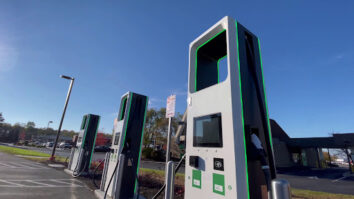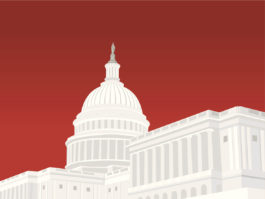The Paycheck Protection Program (PPP) was established to support small businesses with tax-free, forgivable, or partially forgivable, loans of up to $10 million each. However, the program’s implementation and subsequent guidance have been nothing less than complicated.
The CARES Act provided an initial $349 billion in funding, which went to nearly 1.7 million U.S. small businesses. However, the program funding ran out in just under two weeks. The program was infused with an additional $310 billion last week, but some answers surrounding program regulation have been elusive.
Late yesterday, the IRS issued Notice 2020-32, which contains guidance on the deductibility of expenses for businesses with debt forgiveness through a PPP loan. This guidance, however, is not the answer borrowers were hoping for.
The notice confirms that you cannot claim a deduction for an expense if said expense results in PPP loan forgiveness, even if the expense is normally deductible, such as rent expense or wages. Essentially, this notice deems PPP loan forgiveness a taxable event.
The IRS notice lays the groundwork for the decision by basing it on current Internal Revenue Code and Income Tax Regulations which disallow otherwise allowable deductions when the expenses were part of a “class of exempt income.” The CARES Act legislation states that debt forgiven through the PPP shall be excluded from the taxpayer’s gross income, which, technically, makes these expenses nondeductible under current tax law.
The Chairman of the Senate Finance Committee and Iowa Senator, Chuck Grassley, has expressed his disappointment in this decision. “The intent [of the PPP] was to maximize small businesses’ ability to maintain liquidity, retain their employees and recover from this health crisis as quickly as possible. This notice is contrary to that intent,” said Grassley.
The hope was for borrowers to receive tax-free income AND be able to deduct the associated expenses paid. But, while some interpretations say both benefits were implied in the CARES Act legislation, the terms were not expressly defined. What does this mean for tax implications? If a C corporation, for example, borrowed $100,000 through the PPP, and used the full amount in the 8 week timeframe for forgivable expenses, that corporation may not deduct the $100,000 of expenses, which, in this case, eliminates their tax savings of $21,000.
All is not lost, however. Taxpayers can lobby to request a special provision for allowing deductions for expenses that are paid through a forgivable PPP loan. Calling upon your trade and member associations can be advantageous, as these groups provide exponential backing and influence in swaying legislative matters. Taxpayers are also encouraged to reach out to their elected officials.
Additional Resources for PPP Guidance
The Small Business Administration (SBA) issued a 5th, 6th, and 7th Interim Final Rule over the past week. These Final Rules are governing documents that include a number of changes and clarifications made to the original PPP legislation thus far
The 5th Final Interim Rule provided some clarification on the disbursement of funds, confirming that all funds must be disbursed at one time, within ten calendar days of loan approval, and the 8 weeks for forgiveness starts on the disbursement date.
The 6th Final Interim Rule provided relief to certain seasonal employers by allowing them to base their loan amount on any 12 week period between May 1, 2019 and Sept 15, 2019. However, the rule does not address the fact that the 8 weeks for forgiveness may not line up with the higher payroll months on which the loan was based.
The 7th Final Interim Rule limits the total amount of loans available to businesses within a corporate group to $20,000,000 in aggregate.
Additionally, The Treasury Department has made several updates to their Frequently Asked Questions document, including a reminder of the certification of good faith required for PPP application, and an announcement that the SBA will review the files of any loan over $2,000,000, as well as others as applicable. They also clarified that a company that has had an ownership change after February 15, 2020, might still be eligible for a loan, even if that ownership change was in the form of an asset sale, as they are permitted to use the payroll records and full-time employee equivalent (FTE) data from before the ownership change.
The U.S. Department of Treasury has additional tools and PPP guidance on their website, and here is the link to the PPP application as well.
We also encourage you to take a look at our article that explains our PPP Loan Forgiveness Workbook. It’s a planning tool we have made available for businesses to use to calculate the estimated forgivable portion of a PPP loan.
Contact ARB
ARB is dedicated to updating our clients and community as the legislative implications of the COVID-19 pandemic continue to unfold. For questions on these updates, contact us today, or visit our COVID-19 Financial Resource and Tax Center for additional information on related matters.
by Barton Haag, CPA





